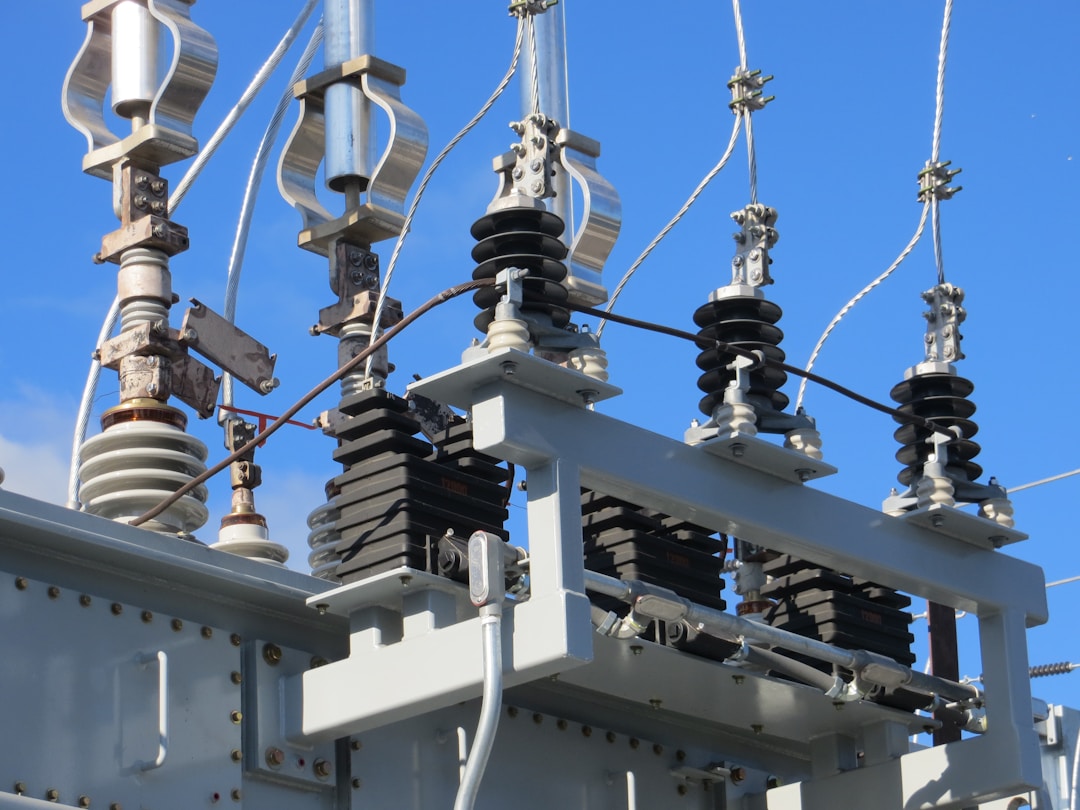Statistics show that in 2019, the total United States primary energy consumption was roughly equal to 100.2 quadrillions BTU (British Thermal Units). Regarding residential energy consumption in the U.S., residential utility customers averaged an estimated 10,649 kilowatt-hours (kWh) in 2019, with a monthly average of approximately 877 kWh.
Patterns in household energy consumption, as well as energy efficiency in the U.S., have changed throughout the years. Read on to learn about the contributors to changes in energy efficiency over time.
Energy sources used in the United States have changed throughout history.
The emergence of new energy sources and reasons to use energy have impacted energy use patterns. Centuries ago, at the time of this country’s founding, the average American family relied primarily on renewable energy resources such as wood. With industrial growth, power mills became a primary energy source before being dominated and overtaken by coal. Petroleum products then replaced coal as the primary energy source before the rise of natural gas usage. Coal usage went up again in the 20th century, as it serves as a primary energy source for generating electric power. The 20th century also saw the increase of nuclear electric power and natural gas and petroleum resurgence, resulting in an energy usage pattern that remains stable.

The United States produces and uses various sources and types of energy, including primary sources such as fossil fuels—coal, natural gas, and petroleum—renewable energy sources (wind, solar, hydropower, geothermal), and nonrenewable energy sources. Primary energy sources generate secondary energy sources, such as electricity, which the average American household consumes significantly. These energy sources and the various ways we use them ultimately led to more energy-efficient technology.
More efficient technology and machines are available today.
Energy efficiency refers to utilizing technology to reduce the amount of energy used in order to prevent and avoid energy waste, enabling you to experience smarter energy use and better performance when turning on your lights, washing your clothes, and heating and cooling your home. Homeowners and home buyers continue to show great interest in energy-efficient appliances with Energy Star ratings, such as washing machines and dryers, dishwashers, ceiling fans, programmable thermostats, and HVAC systems. These efficient appliances are energy savers that enable homeowners to increase their home’s comfort while reducing household energy costs.
Cooling systems get more efficient every year, which is crucial, considering that homes need air conditioners, as well as heaters and furnaces to keep people at comfortable temperatures indoors amid various weather conditions and outdoor temperatures. Furthermore, clean filters, air conditioners, and heating systems can enhance a home’s air quality, benefitting residents’ health.
Air conditioners and heat pumps play significant roles in household functioning, so they must regularly receive inspections, upgrades, repairs, and replacements, especially ahead of listing a home on the real estate market and holding open houses. Home repairs are a beneficial tip for real estate sales in New Jersey and across the country, as a fixed-up home is more likely to impress prospective buyers and sell than one that still needs repairs.
To ensure your heating system and cooling system will function with optimum performance and efficiency, have it maintained by a professional technician from a reputable HVAC service who regularly receives training regarding maintenance, installation, and repairs for air conditioning units and HVAC equipment. An HVAC system technician has the skills to repair boilers, furnaces, and heat pumps and install ductless air conditioning and mini-split heat pumps for residential and commercial properties that lack efficient ductwork. Furthermore, they can improve your home’s ventilation and airflow, and clean your ducts and filters to remove dust, dirt, debris, and toxins, improving your indoor air quality and keeping your equipment running as efficiently as possible. Such expert services can help your health, especially amid the COVID-19 health crisis, and these upgrades are also beneficial to your household expenses and utility bills, reducing your energy costs.





